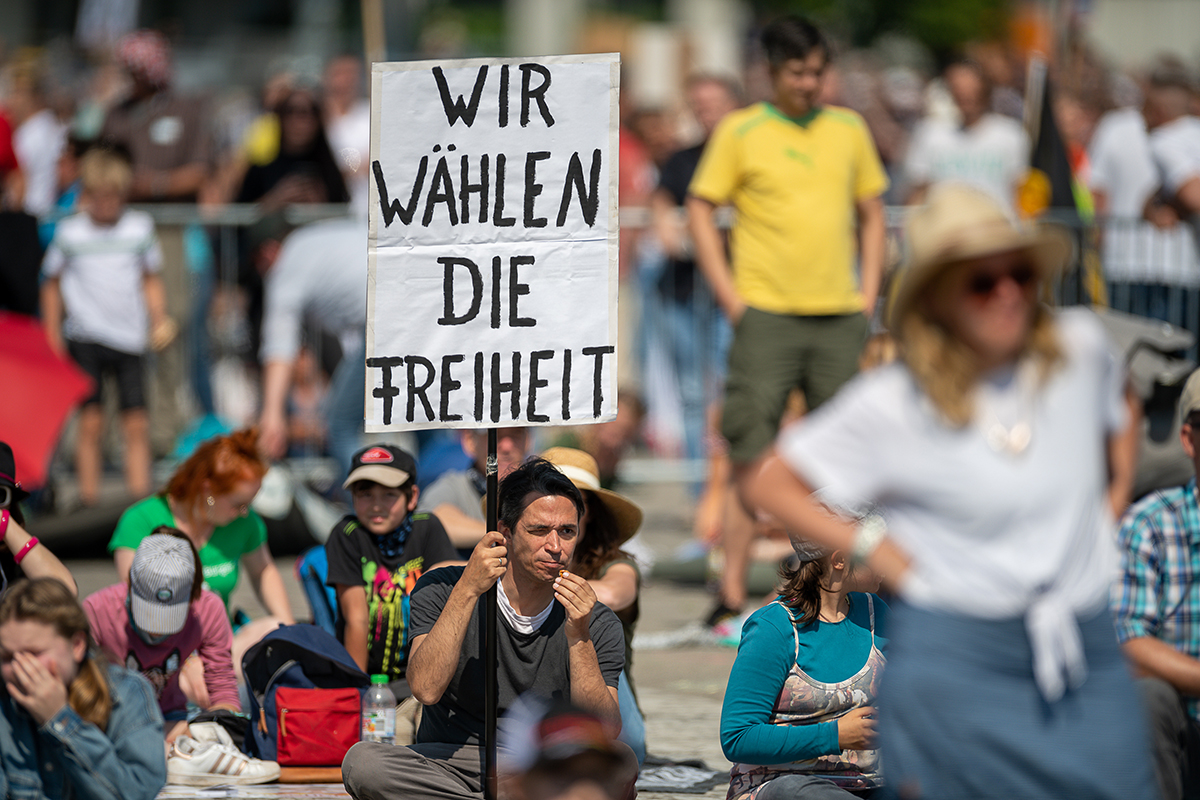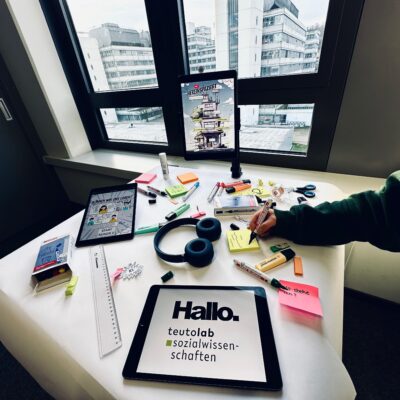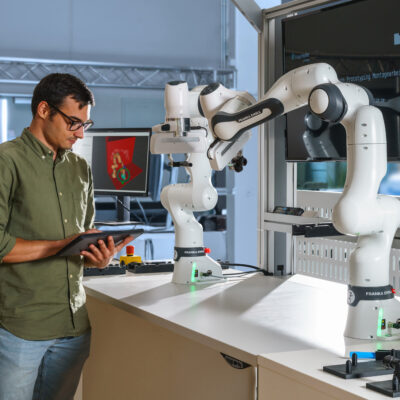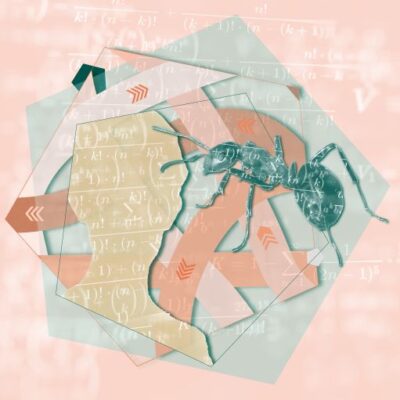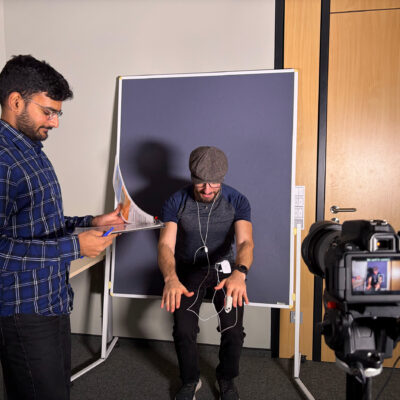Ukraine war, climate change, the coronavirus pandemic, growing social inequality, and populism—the list of crises is endless and shows that our society is currently facing numerous conflicts and changes, and these are always accompanied by uncertainty and unsettlement. Violence and conflict are marked by uncertainty. They induce uncertainty and this, in turn, leads to new conflicts. The two go hand in hand, says Professor Andreas Zick, head of Bielefeld University’s Institute for Interdisciplinary Research on Conflict and Violence (IKG).
One of the central topics in Zick’s field, which is characterized by empirical social research, is how social groups deal with uncertainty in conflict situations. How do they exploit and instrumentalize uncertainty for their own ends? Where does uncertainty also contribute to conflict resolution? Can uncertainty also help societies to grow and evolve? According to Zick, these are questions that have so far received too little attention in research on conflicts between groups.
How uncertain assumptions can lead to certainty
The common assumption is: uncertainty is negative and damaging, and therefore people seek certainty. ‘But that is too vague,’ says Andreas Zick, using the Covid-19 pandemic as an example to illustrate how crucial it is to deal with uncertainty. ‘Do I take the threat seriously, or do I join groups that offer easy solutions and alleged certainty?’ In the eyes of the social psychologist, the pandemic has demonstrated that acknowledging uncertainty can actually have positive effects. Studies show that those who take coronavirus seriously, and do not claim to know exactly how dangerous it is, are open to constructive solutions. They show solidarity, wear masks, and try to protect themselves and others. In contrast, opponents of coronavirus measures dismiss the dangers and resort, for example, to conspiracy theories in order to transform the threat into an alleged certainty. ‘The odd thing is, highly uncertain assumptions are used to create certainty.’
According to Zick, the use of uncertainty and a false sense of certainty can also be observed in social media. ‘In some networks, groups are using uncertainty as a tool to keep people loyal to them,’ says Zick. ‘They use unsettling information to make people feel a loss of control and then they offer them solutions.’ Extremists work with doomsday scenarios. Populists create their own worlds of truth.
Populism as means to create maximum uncertainty
Zick has been intensively researching phenomena such as violence, discrimination, and radicalization for decades and he sees new connections here, for example, with regard to the rise of right-wing populism. According to the conflict researcher, it is not uncertainty that is driving people into populism. Instead, it is populism that is creating maximum uncertainty with the help of new technologies to move people and groups to change their attitudes. ‘Uncertainty thus provides a sort of central mode through which to understand polarization and how social groups can use uncertainties to create and regulate conflict,’ says Zick.
Depicting the value of uncertainty
Andreas Zick is working with colleagues from other institutes and faculties in Bielefeld on research into uncertainty and its instrumentalization. He hopes that not only will interdisciplinary cooperation reveal the damaging effects of uncertainty, but that science will also show ‘how valuable uncertainty is, and how important our way of dealing with it is’. Uncertainty can also contribute to constructive conflict resolution—for example, if it leads to reflection, consideration, and critical questioning, and if it sensitizes people to risks and dangers—things that are often not appreciated enough in a ‘fast-paced society’ that demands quick decisions. Yet many problems are too complex for quick and easy solutions.
‘Don’t think you know it all. This is a fundamental democratic principle,’ says Andreas Zick and pleads for taking uncertainty more seriously than certainty, especially in times of crisis. ‘Democracies grow by acknowledging uncertainty and using it productively,’ he explains. ‘Societies that explain away uncertainties do not change.’
